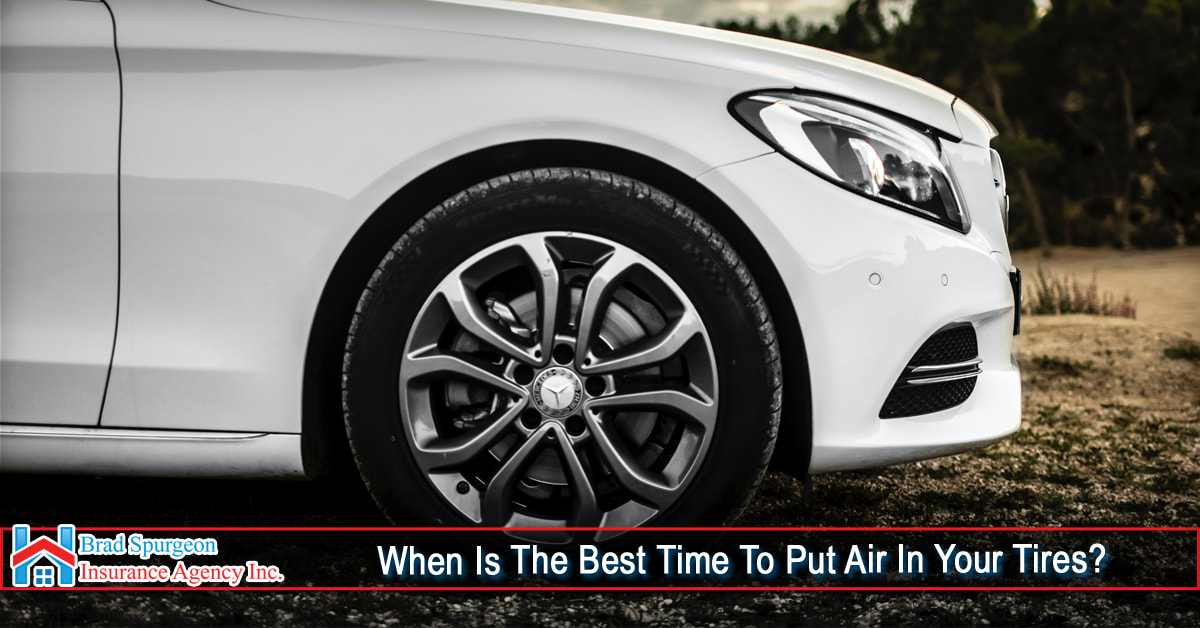On average, tires lose around one pound per square inch (psi) of pressure a month and lose an additional 1 psi for every 10-degree drop in outside temperature.
- Specific pressure
- Monitor tire pressure in your automobile technology
- Driving habits
- Tire size and load on the tires
Is It Harmful To Continue Putting Air In Tires?
It is risky. It increases the risk of tire overheating and blowout. Too much air in a tire may result in sudden and unexpected tread wear in the center of the tire and higher operating temperatures, which can lead to a blowout. Lack of traction, excessive center tread wear and an uncomfortable ride are all signs that your tire is overinflated.
Care And Maintenance Tips
People frequently fail to detect when their tires are damaged. To prevent more serious issues with the rest of your automobile, you should inspect your tires frequently and look for any wear or damage.
- Check the tires frequently
- Consider your tire's load capacity
- Regular car maintenance
- Rotate the vehicle's tires
- Check tire treads
- Read your owner's manual for advice on safety and roadside emergencies
- Check the air pressure
- Use pressure gauge
- Check in the morning before you use your car because driving causes the tires to heat up
- Remove the valve, and you may use a home compressor. Replace the valve cap once you've made sure your tire is properly inflated
- Do not leave your car in a single stationary position to avoid flat-spotting
- Avoid leaving your fully-loaded vehicles parked for weeks on end on a chilly surface.
- If your cargo is really heavy, you might think about jacking up your car's chassis to relieve some of the strain on your tires.
- Find out each tire's recommended maximum pressure.
Conclusion
Maintaining the manufacturer's recommended tire pressure on your rims is vital to keeping you as safe as possible and getting the most out of your tires.
At Brad Spurgeon Insurance Agency Inc, we put our clients first by offering them policies that they can afford. Having insurance is a necessity nowadays and we're here to help you out. Learn more about our products and services by calling our agency at (409) 945-4746. You can also request a free quote by CLICKING HERE. Topics and coverage discussed in this article are not guaranteed, consult with your agents to determine what your policy does and does not cover. We are more than happy to help!

